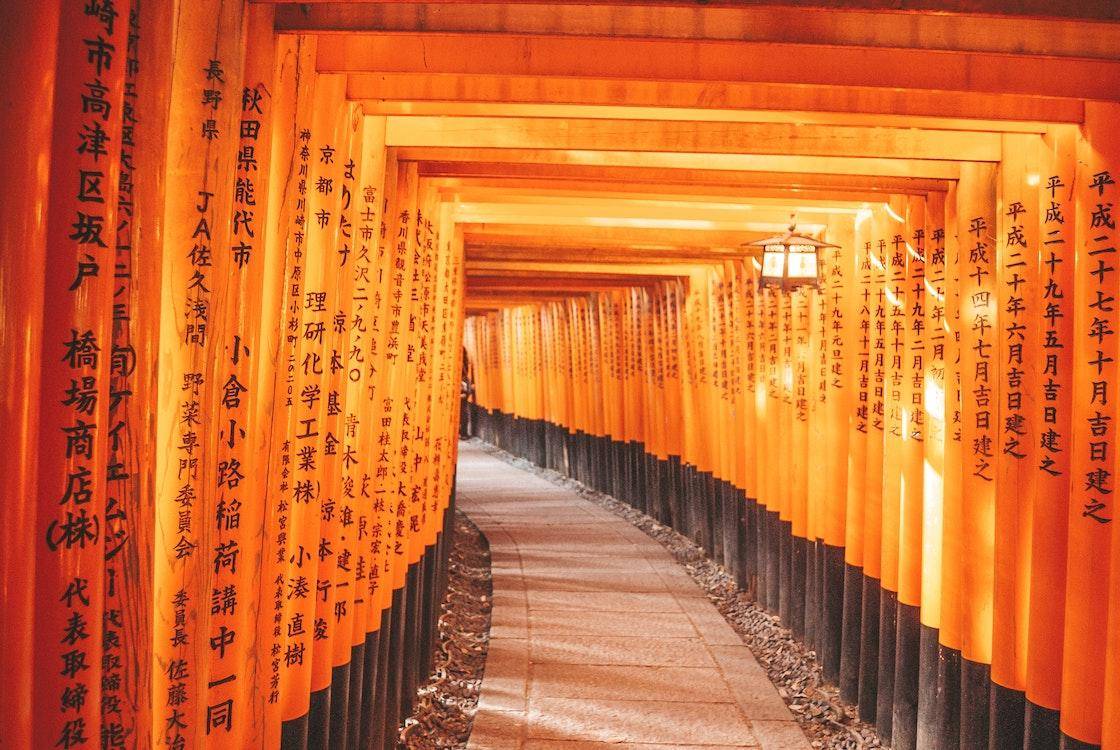What is competition? The ancient Greeks and the Chinese, among other peoples, had races or competitions, where participants competed fairly in physically demanding activities to see who fared best in skills and talents.
Healthy Competitions of the Olympiad and Swordplay
For example, the Stadion (Greek στάδιον), a running race, took place from 776 BC. The Stadion was a merely 180 meters sprint with 20 competitors. The first Stadion winner from the Olympiad was Koroibos (Κόροιβος), a chef and baker from Elis, southern Greece. He won an olive branch.
Closer to home, the Chinese invented many sports and competitions too, including archery (since 1046 BC), swordplay (since 722 BC), among other ball sports.
Such competitions were meant to be healthy and positive, where athletes competed for glory and a small prize.
But competitions have changed, for the worse. No longer is honor the crux and focus, but merely to win.
Unhealthy Competition and Outcomes
In the “trade war” initiated by Trump, the unfortunate outcome of this mess in the shroud of mystery misguidedly labelled under “espionage”, the economic fallout faced by not just the two great nations of America and China but also the entire world, with so much to lose from America’s shores especially.
Pause for a minute, and look behind every electronic, consumer, luxury, curative or disposable product you use daily, and you will very likely see “Made in China“. And it is not Chinese exporters who will suffer, but the populace of America who need to pay extra due to import tariffs imposed by Trump’s administration, for consumable products and necessities, through no fault of their own.
Competition for Technological Superiority
When paranoia struck Washington, Trump announced the ban of Huawei in America citing the telecoms giant a national security threat. However, Washington offered no evidence whatsoever to prove that Huawei was indeed a cybersecurity threat. Until now, there is still no evidence, from independent testing or from Washington’s own intelligence reports, that Huawei’s systems and equipment constitute any cybersecurity threat at all.
This is sad, given that Washington made other errors before through GW Bush, together with Blair, such as that of accusing Iraq having WMDs (weapons of mass destruction) when it was subsequently found no such WMDs exist, and an estimated 250,000 lives were lost needlessly.
Why was Huawei targeted? Was it really because Huawei posed a security threat? Or was it because Huawei has become the de facto 5G telecoms technology leader in the world, eclipsing America’s own stalwarts, at a fraction of the costs? Who really knows?
5G, like any telecommunications technology before it such as the LTE (4G), requires an access to telecoms spectrum.
For America, the ideal 5G spectrum of sub-6GHz, which is a lower to middle frequency that transmits data farther and carries sufficient data, is reserved by its military applications. The rest of the world, including China, uses this ideal 5G spectrum space easily, therefore providing 5G to any part of the country, even rural areas.
In America, the 5G was kept to the millimeter-wave (mmWave) from 24 to 100GHz, the high spectrum, which theoretically carries more data, but is restricted to short distances, and therefore worthless for large land areas and especially rural areas, since telecoms carriers will be unwilling to invest so much infrastructures in these areas.
So though America is trying to provide slivers of the mid-band frequencies to carriers, there are only that much available. This is compounded by its lagging behind Huawei’s headstart in the 5G technology space, putting Washington in a conundrum which ultimately resulted in Trump announcing the Huawei ban. Poor sportsmanship?
Reason Triumphs in the Huawei Case
Huawei is already a major smartphone company, eclipsing Apple by a far margin. Samsung grew 7.1% YoY, with 1/5th the global market share for smartphones, while Huawei grew at 4.6% YoY, with Apple iPhone shipments falling 11%.
Spain became one of the early adopters of Huawei 5G, with a rollout to 15 cities, including Madrid and Barcelona, through Vodafone Spain. Spain used a combination of Ericsson and Huawei.
Russia is a sophisticated nation with much of its own technology developments. For global positioning, it offers its own GLONASS (ГЛОНАСС) just as China offers Beidou (北斗) to pit against America’s GPS. As a side note, GPS offers consumer accuracy to about 4 meters. China’s Beidou offers consumer accuracy to 2.6 meters in Asia Pacific and 3.6 meters elsewhere, putting a higher accuracy for non-military applications. Russia’s GLONASS is consumer accurate from 2 meters and up (depending on where you are). Russia operator MTS has used Huawei 5G in Moscow and Kronstadt (after the saint St John of Kronstadt).
Hungary has also worked with Huawei to roll out 5G, working with Vodafone and Deutsche Telekom, becoming one of the fast-track 5G players in Europe. Earlier, Hungary’s innovation and technology minister Laszlo Palkovics found no evidence of a threat from Huawei.
Other European countries also rolled out 5G services with Huawei, including Switzerland through Sunrise, covering 150 cities and villages. German Chancellor Angela Merkel also mentioned the nation would not ban a company “simply because it is from a certain country”. Norway also announced Huawei would not banned from its 5G rollout.
Espionage and Statecraft
While Washington and Trump accused Huawei and China of espionage, it is regrettably a case of “the pot calling the kettle black”.
Let us not kid ourselves. Espionage is an age-old practice, not privy to any particular race or culture or nation, and all nations partake in it one form or another. No one will be naive enough to believe the United States does not conduct espionage against other nations. The National Security Agency (NSA) tapped the German Chancellery for DECADES, for example.
In the Book of Joshua 2:1-24, the Hebrews sent spies to Jericho for reconnaissance before attacking the city. Many of us may have also read the Art of War, an ancient Chinese text attributed to Sun Tzu on military strategy. In ancient India (probably around 300 CE), strategist Kautilya wrote the text Arthashatra (अर्थशास्त्र) on economics, statecraft and military strategies, which also detailed the art of espionage. Other early cultures were also adept at espionage, including ancient Egypt, Greece, Rome, Mongols, and the Shogunates of feudal Japan, who used ninjas (忍者) for espionage and assassinations.
So espionage is not privy to a single nation or culture. All nations partake in such craft or statecraft since time memorial.
So, if we take an idealistic or utopian view, what could constitute a healthy debate or competition?
Ancient Chinese Concept of “Coopetition”
The most mundane competitors fight to the death, and there will be a winner and perhaps lots of losers. But the best competition is one where there are ALL winners and no losers.
How? Take a leaf from an ancient Chinese philosophy, which was rooted in Chinese martial arts.
This is the highest summit of the greatest of competitors, where they compete in harmony. The Chinese call this 切磋, which is loosely translated as “to study each other in a friendly duel”. You learn from each other. You profit from each other. And yet, both of you win.
Rather than explain in words ad nauseam, let me show you a real-life example of two world-renowned musicians.
Piano virtuoso Lang Lang and his father Lang Guo-ren on the Chinese 二胡 (erhu, a 2-string instrument) pitted skills in a lively, cheerful, powerful competition. This is a powerful competition in harmony where the sum is greater than the two. Enjoy.
Lessons learned
I guess by now you know where we should be heading. Harmony begets prosperity, and competition can be healthy. After all, no war is just, and the ONLY sustainable way to perpetual prosperity is to collaborate, share, learn, and grow together. Yes, compete, but compete fairly and with the highest of honor.
In the world of trade, there are many means to the end. For example, we have an age-old concept known as “Free Trade Agreements (FTA)“, which many countries have signed with each other, either bilaterally or multilaterally. Free trade allows easy market access for everyone, and opens up markets and innovation. At the end, everyone wins.
###

